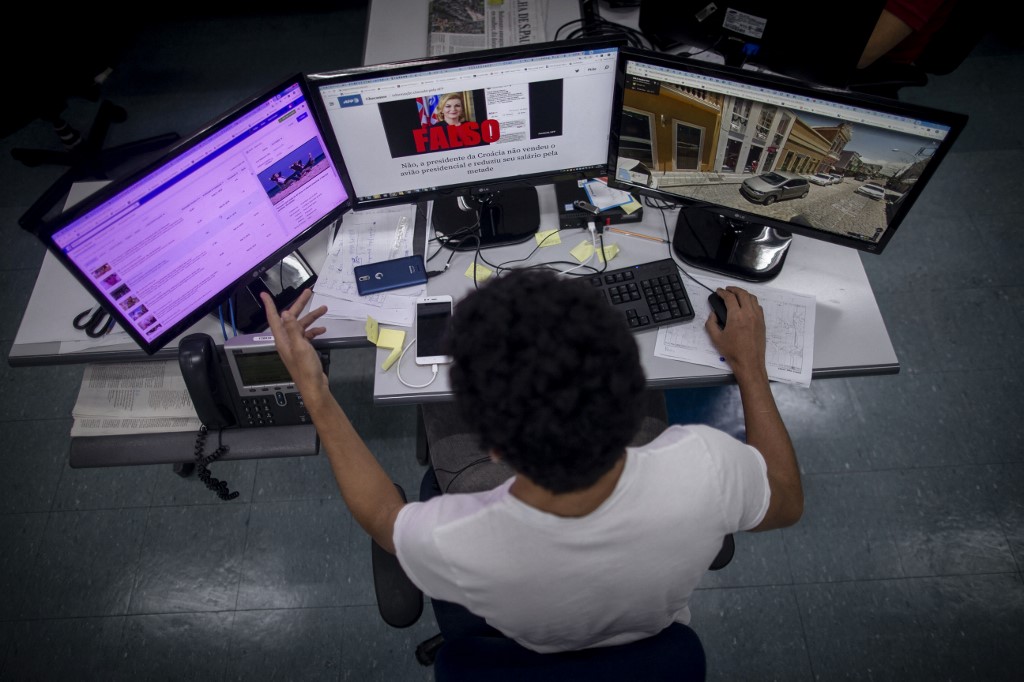What is fact-checking?
Restoring the facts
In a context of widespread disinformation, fact-checking forms the first line of response through its focus on restoring the facts. Fact-checking involves verifying content that has already been published, particularly on social media, and establishing what is known—or not—about a subject.
The work of fact-checkers involves:
Selecting the most sensitive and viral topics;
Conducting thorough verification;
Publishing for the widest possible audience;
Being transparent about the methods used.
This publication often takes place on the platforms themselves, directly confronting the fact-check with the original false information.
Fact-checking requires a solid understanding of social media as well as mastery of key open-source intelligence (OSINT) tools to aid in verification or image geolocation. At AFP, this discipline falls under the broader umbrella of digital investigation.
AFP has developed the most extensive fact-checking network in the world
26 languages
150 journalists
22 articles per day on average
In 2024, 7 536 fact-checks were published, including:
713 on the Israel-Hamas war
524 on the Russian invasion of Ukraine
383 on Covid-19
346 on climate issues
540 on the US elections
513 on American politics
342 on vaccines
221 on artificial intelligence
